History of the ILAG
Since his ordination in September in 1962 Bishop Horacio began a ministry of God with a very different philosophy, it was so different that many segments of the religious community called it subversive or communist. His evangelical work in the company of Pastor Esther, from the beginning was to provide holistic support to people in spiritual, economic, social and/or educational need. Providing their home as shelter for these families was a common occurrence. Sharing not only shelter and services, but also food, prayer and comfort. In 1991 Horacio and Esther together with their children founded the Augustinian Lutheran Church of Guatemala.
The members that make up the Augustinian Lutheran Church of Guatemala – ILAG come from marginal areas of Guatemala society, poor people and refugees returning after the civil war in Guatemala in the 1980’s, mostly indigenous people. At its inception the ILAG began as a pastoral/social support team in the quest for dignity and social justice. The goal was to help the development of brothers and sisters living in marginal areas of Guatemala City, supporting their fight for the land, the land they lived on and belonged to them.
From the beginning the ILAG initiated based on six areas of action: Pastoral Leadership, Education, Ministry of Women, Youth, Health and Childhood. Programs were implemented in each communities who wished to belong to ILAG to help improve the quality of community life. In this holistic context of programs of development schools were created, beginning with an ILAG elementary school in the community of La Isla, Zone 13 in the year 1993. Then, another elementary school in the community of El Mirador Boca del Monte was started in the year 1996. Due to security concerns and land rights disputes the school at La Isla had to be closed in 2005. The school in the community of El Mirador, Boca del Monte continues its activities to date, hosting children ages 4 to 15 years, giving children an opportunity to aspire to a better future.
Guatemala suffered a civil war for 36 years. Many of our brothers and sisters fled to Mexico trying to save their lives. When talks of the signing of the peace and ceasefire began, Bishop Horacio, along with other church leaders, was part of the “Civil Society” organization, which represented the religious sector in the peace agreements. In this mission, the Bishop visited refugee camps in Mexico, helping our brothers and sisters with the paperwork needed to make their return to Guatemala. They were seeking to return to their land, which did not happen. They returned and settled in places allocated by the government in 1996. Because ILAG helped our countrymen and women return, some of these brothers and sisters asked to belong to ILAG. They asked that ILAG partner with their communities. This support started in 1998 at the La Esmeralda Community, near Dolores, Petén. To date, their are 14 more communities of brothers and sisters that were displaced during the armed conflict. These communities are currently the congregations of ILAG .
As communities learn that ILAG walks with people delivering the gospel freely to all, and makes regular visits to communities of faith, ILAG continues to grow, opening the door to more mission churches and sites every year. ILAG’s philosophy is to provide pastoral visits and social support to contribute to the holistic development of the human being. ILAG’s center is Christ, and from this center, seeks to offer in the lives of all members and their communities; spiritual improvement, materials, physical development, emotional maturity and greater productivity. ILAG is comprised of nearly 3,000 members in 18 congregations in the city of Guatemala and in remote communities in the departments of Quiché, Alta Verapaz, Petén and Cobán .
In February, 2014 Bishop Castillo retired and Pastor Karen Castillo was elected the president of ILAG.


